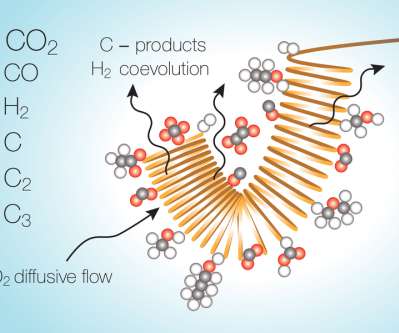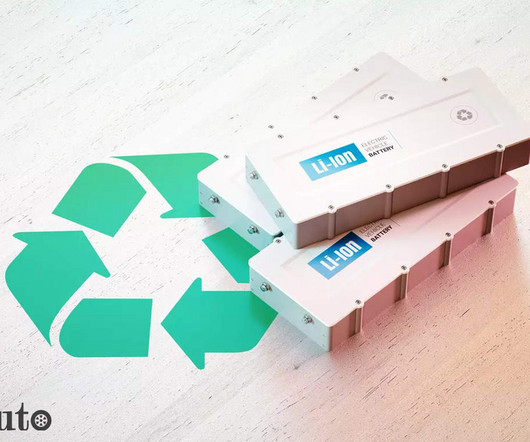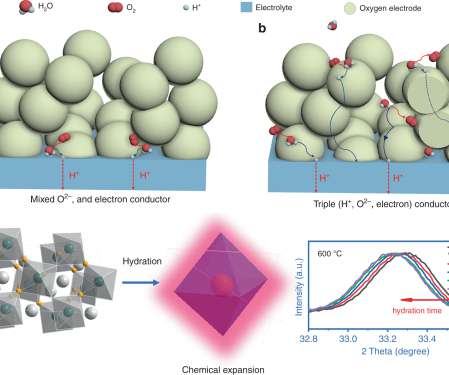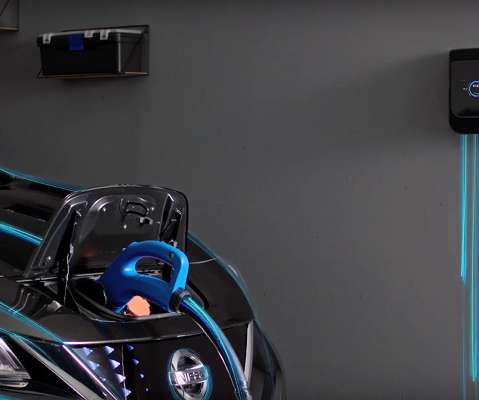New porous coordination polymer captures CO2, converts it to useful organic materials
Green Car Congress
OCTOBER 13, 2019
A new material that can selectively capture CO 2 molecules and efficiently convert them into useful organic materials has been developed by researchers at Kyoto University, along with colleagues at the University of Tokyo and Jiangsu Normal University in China. —Wu et al. —Susumu Kitagawa, materials chemist at Kyoto University.






































Let's personalize your content